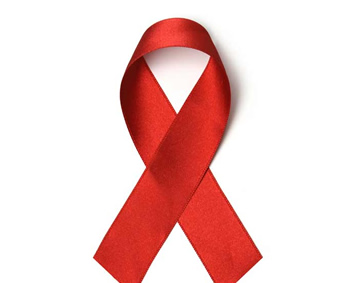16000 HIV patients placed on ART in Brong-Ahafo
 A total of 16,000 people living with HIV/AIDS were placed on Anti-Retroviral Therapy (ART) in the Brong-Ahafo Region as at 2016, Mr Emmmanuel Obeng Hinne, the Regional AIDS Coordinator has disclosed.
A total of 16,000 people living with HIV/AIDS were placed on Anti-Retroviral Therapy (ART) in the Brong-Ahafo Region as at 2016, Mr Emmmanuel Obeng Hinne, the Regional AIDS Coordinator has disclosed.
He said the 2016 national HIV/AIDS sentinel survey revealed that the Sunyani Municipality had the highest HIV patients in the region, with a prevalence rate of 4.2.
Mr Hinne disclosed this at a workshop on the National HIV/AIDS strategic plan 2016-2020, and the Ghana AIDS Commission (GAC) Act 938 at Abesim, near Sunyani.
The Ghana AIDS Commission (GAC) Act 938 was passed by Parliament in December 2016 to promote and protect the rights of persons living with HIV/AIDS to education, work, and political freedom among others.
He therefore called for intensified advocacy and social mobilization support in the fight against the spread of the disease in the region.
Organised by the GAC, the workshop was attended by traditional rulers, security agencies, civil society organisations, representatives from the Ghana Health Service, Ghana Education Service, section of the media, and other key players of the GAC.
Mr Hinne noted that the 2016 national HIV Sentinel Survey showed the Brong-Ahafo and Volta regions had the highest prevalence rates in the country.
The HIV prevalence rates in the two regions rose from 1.7 in 2015, to 2.7 each in 2016, a situation he described as alarming and suicidal.
He expressed concern about the continuous stigmatization of HIV/AIDS patients, noting it was a major contributory factor to the spread of the disease.
Mr Hinne observed that because of the fear of public stigma, many people had failed to check and know their HIV status.
Ambassador Dr Mokowa Blay Adu-Gyamfi, the Acting Director-General, GAC, explained that the National HIV/AIDS strategic plan 2016-2020 document was to guide in improving quality, coverage and scaling-up of services for national response towards achieving the 90-90-90 target.
She emphasised the need for all regional and district level stakeholders to be well informed about the content of the strategic plan, and appealed to all the major players to renew their commitment to achieving useful outcomes.
Ambassador Adu-Gyamfi indicated that the passage of the new GAC Act 2016 restructured the management and coordination arrangements of the national HIV response, provided a framework to ensure adequate, sustainable and predictable fund for the response.
It also provided a legal framework to address issues of stigma and discrimination, as a means of helping to control new infections as well as the spread of HIV/AIDS in the country.
Source: GNA
